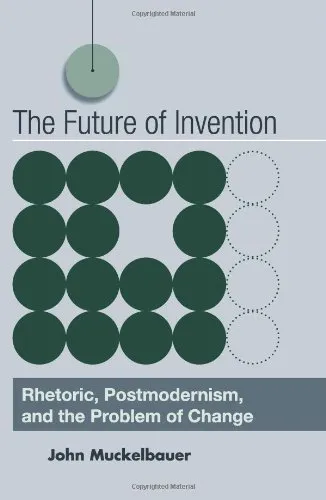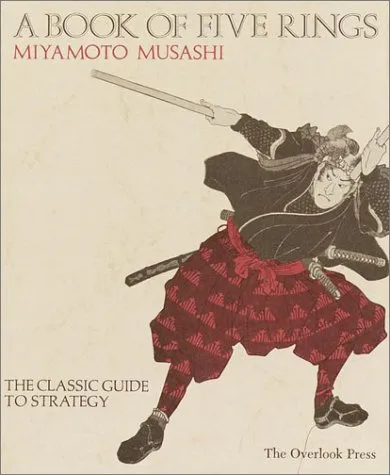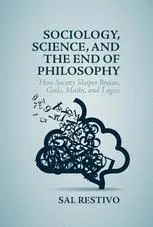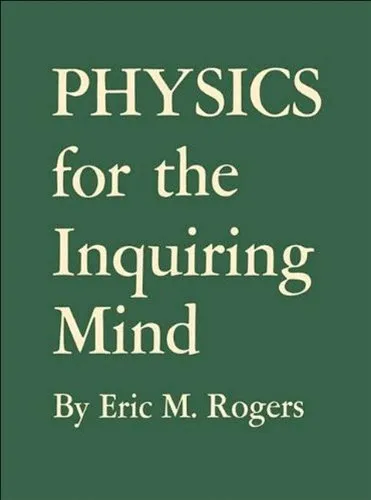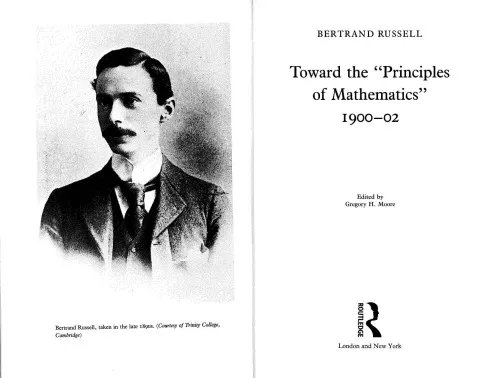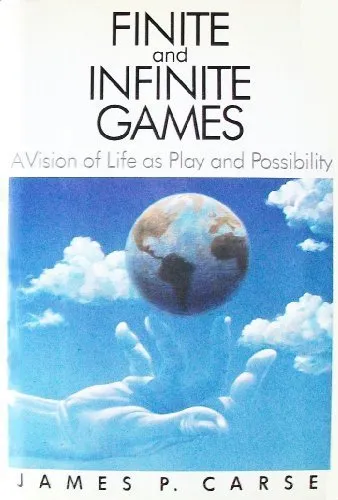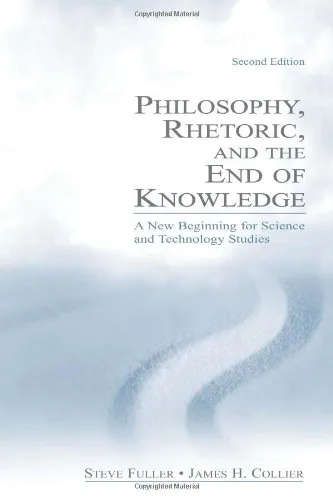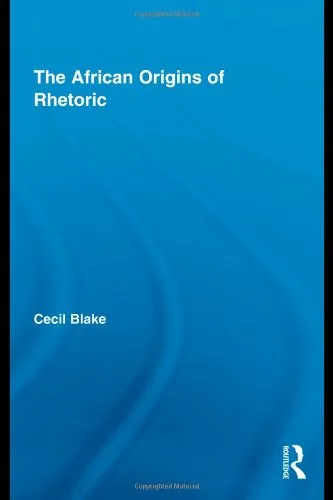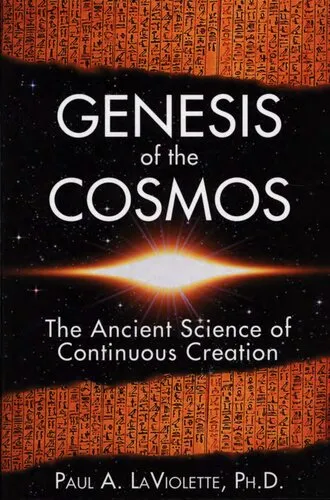The Future of Invention: Rhetoric, Postmodernism, and the Problem of Change
3.0
Reviews from our users

You Can Ask your questions from this book's AI after Login
Each download or ask from book AI costs 2 points. To earn more free points, please visit the Points Guide Page and complete some valuable actions.Related Refrences:
Introduction to 'The Future of Invention'
"The Future of Invention: Rhetoric, Postmodernism, and the Problem of Change" delves deep into the intersections of rhetorical practice, philosophical thought, and the complexities of social and cultural transformation. Written by John Muckelbauer, the book explores how invention—the process of generating new ideas or approaches—functions as a cornerstone of change within the framework of postmodern thought. Rather than offering solutions or fixed methodologies, the work critically examines the possibilities for innovation within the tensions and paradoxes that characterize contemporary rhetorical theory. Muckelbauer challenges dogmatic traditions and conceptual rigidity, ultimately encouraging readers to rethink how we approach change in a postmodern age.
The book operates at the intersection of theory and practice, providing both an intricate analysis of rhetorical invention and a thought-provoking critique of numerous philosophical perspectives. In doing so, it invites its audience to engage with new practices and modes of thought that embrace unpredictability, fluidity, and a resistance to closure.
Detailed Summary
The central thesis of "The Future of Invention" revolves around the idea that traditional modes of invention, as understood within rhetorical theory, must adapt to the fragmented and contingent realities of a postmodern world. Muckelbauer explores classical rhetorical concepts while simultaneously interrogating their limits in light of philosophical developments inspired by thinkers such as Jacques Derrida and Gilles Deleuze.
The book is structured as a journey. It begins by questioning conventional understandings of rhetorical invention, particularly those that rely on stable, mechanistic procedures for producing new ideas or solutions. Muckelbauer argues that these approaches often constrain creativity and perpetuate a problematic reliance on predictability. He then introduces an alternative—a dynamic, relational view of invention that is rooted in responsiveness rather than control.
This alternative model emphasizes the productive nature of difference, suggesting that invention emerges not from consolidating sameness but by engaging with the unpredictable, the uncertain, and the diverse. Postmodernism, with its deconstruction of totalizing claims and hierarchical structures, plays a pivotal role in this argument. Drawing on postmodern concepts, Muckelbauer contends that change is not a linear or teleological process but an open-ended and emergent practice. By embracing this perspective, rhetoric can become a tool for fostering more adaptive and transformative modes of innovation.
Key Takeaways
- Rhetorical invention must move beyond static formulas and embrace fluidity, change, and relationality.
- Postmodernism provides critical tools for understanding the complexities of contemporary change.
- Rather than viewing invention as the resolution of problems, we should understand it as an ongoing engagement with difference and uncertainty.
- Philosophical frameworks like deconstruction and assemblage theory can enhance our understanding of rhetorical processes and their potential for innovation.
Famous Quotes from the Book
"Invention is not the discovery of something pre-existent, but the perpetual generation of difference within the act of its unfolding."
"To invent means to resist the seduction of closure, to remain open to the unpredictable and the unanticipated."
"Rhetoric, as a practice, must embrace not the control of change but its negotiation with flux and transformation."
Why This Book Matters
In a world marked by rapid change and increasing complexity, "The Future of Invention" offers a fresh perspective on one of humanity’s oldest practices: invention. By challenging conventional approaches to creativity and problem-solving, the book provides valuable insights for scholars, practitioners, and anyone interested in fostering innovation in their respective fields. Its emphasis on relationality, difference, and emergence aligns closely with the demands of our contemporary moment, where rigid structures and predictable solutions often fail to address pressing challenges.
Moreover, Muckelbauer’s work reinvigorates rhetorical theory, showing how it can still serve as a meaningful practice in navigating postmodern conditions. By bridging the gap between philosophical thought and rhetorical scholarship, "The Future of Invention" supports a reimagining of how we think, create, and engage with the world around us.
Ultimately, this book serves as both a critique of traditional practices and a call to action. It invites readers to embrace complexity, engage with difference, and resist the comfort of certainty as they work to invent new possibilities for change.
Free Direct Download
You Can Download this book after Login
Accessing books through legal platforms and public libraries not only supports the rights of authors and publishers but also contributes to the sustainability of reading culture. Before downloading, please take a moment to consider these options.
Find this book on other platforms:
WorldCat helps you find books in libraries worldwide.
See ratings, reviews, and discussions on Goodreads.
Find and buy rare or used books on AbeBooks.
1359
بازدید3.0
امتیاز0
نظر98%
رضایتReviews:
3.0
Based on 0 users review
Questions & Answers
Ask questions about this book or help others by answering
No questions yet. Be the first to ask!
